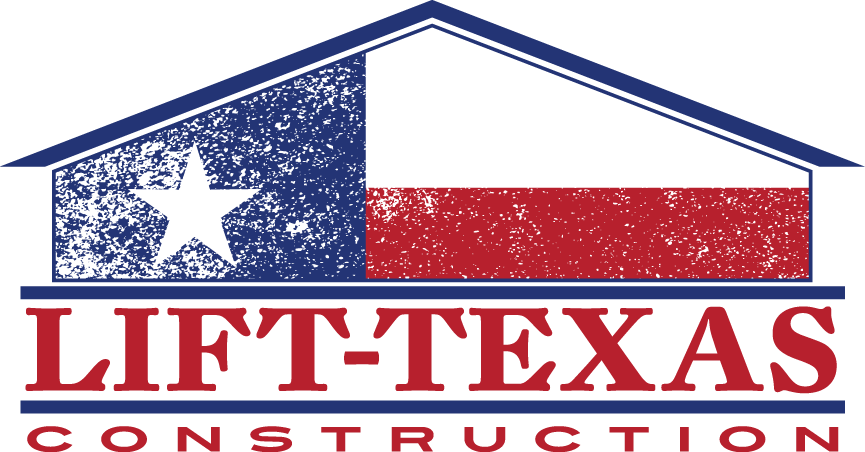Garage floors often get less attention compared to other areas of the home. But when yours starts sloping towards the house, it’s more than just an odd quirk—it can signal bigger issues. A sloping garage floor can lead to water pooling near your house, possibly sneaking into your foundation. This not only jeopardizes the structural integrity but can also invite a host of damp-related issues into your cozy living space.
There are several reasons why your garage floor might start behaving like a ski slope. From the natural settling of the ground beneath your home to poor initial construction, and even water erosion over time, each cause can prompt its own set of headaches. Regardless of reason, understanding the root of the problem is the first step to fixing it. This way, you can keep your home sturdy and dry, without any surprise indoor puddles.
Identifying the Signs
How can you tell if your garage floor is beginning to slope? Being observant can help you nip the problem in the bud. Here are some telltale signs:
- Cracks in the concrete: While small cracks can happen, larger or widening ones could indicate that your floor is shifting.
- Water pooling: Signs of standing water, especially after rain, suggest that your floor might be sloping more than it should.
- Doors that don’t close properly: Misaligned garage doors or those stubborn to close might indicate shifting ground.
- Loose garage items: Notice things rolling towards the house? This is a clear sign of a slope worth checking.
These symptoms might seem ordinary at first, but they can lead to bigger issues if ignored. By catching these signs early, you can tackle the issue head-on rather than having to deal with more costly repairs later. But what if you leave it unattended? We’ll explore the risks next.
Assessing the Risks
Leaving a sloping garage floor unaddressed can lead to a variety of problems, many of which go beyond simple annoyance. Water damage stands at the forefront of these risks. When your garage floor tilts towards your house, water from rain or even regular home maintenance can pool around your foundation. This can quickly turn into a breeding ground for mold and mildew, which might eventually creep into your home, sparking health concerns and structural issues.
Furthermore, structural concerns aren’t limited to just potential water damage. A compromised garage floor might indicate subsurface issues that, if left unchecked, could lead to more significant structural problems for your house. Over time, this can weaken the foundation, leading to costly repairs. Additionally, there’s a safety aspect to consider. A sloping floor can make the garage a bit of an obstacle course, especially if you aren’t expecting the uneven terrain. Trips and falls become more likely, posing a hazard for you and your family.
Professional Solutions for a Sloping Garage Floor
Once you’ve recognized the signs and understood the risks, it’s crucial to explore effective solutions. Addressing a sloping garage floor often requires more than just a surface-level fix. Hiring professionals to manage the leveling and repair process ensures that the job gets done safely and effectively. One popular technique is concrete leveling, which involves injecting a specialized mixture beneath the slab to lift and stabilize it. This process can efficiently correct the slope, preventing further water accumulation and structural issues.
Bringing in the experts also means accessing thorough evaluations and advice tailored to your specific situation. They can identify underlying causes that might not be immediately apparent, safeguarding you from future complications.
Preventive Measures and Maintenance Tips
To keep your garage floor—and home—in top shape, it’s wise to adopt some preventive measures. Here’s a simple list of tips to help you out:
- Regular Inspections: Keep an eye on your garage floor and surrounding foundation. Periodic checks for new cracks or pooling water can help catch issues early.
- Waterproofing: Consider adding waterproof barriers or coatings to your garage floor to reduce water intrusion risks.
- Proper Drainage: Ensure gutters and downspouts direct water away from your home, reducing stress on the garage and foundation.
- Mind the Landscape: Make sure the ground around your home slopes away from the structure to encourage water drainage away from the foundation.
By being proactive and employing these strategies, you can help prevent future problems and extend the life of your garage and foundation, keeping your home sturdy and dry.
Ensuring a Safe Garage Space
Taking action to level a sloping garage floor is more than just about fixing an annoying quirk; it’s about maximizing the safety and security of your home. Addressing the issue promptly reduces the risk of water damage, potential health hazards, and unpleasant surprises like a compromised foundation. By understanding the problem and consulting professionals when needed, you can maintain a safe and welcoming garage space.
Remember, your garage does more than just hold your car—it’s an integral part of your home’s structure. Ensuring its stability means contributing to your home’s overall well-being. Taking these steps won’t just protect your property; it will also bring peace of mind knowing that your home is secure and stable.
To ensure your garage floor remains secure and level, choose professional help for any concrete concerns. At Lift-Texas Construction, we offer expert services to address issues like driveway leveling, effectively preventing future complications. Discover more about our concrete leveling solutions and keep your home safe and stable. Reach out to us today for reliable advice and services tailored to your needs.

